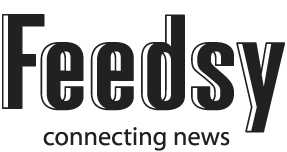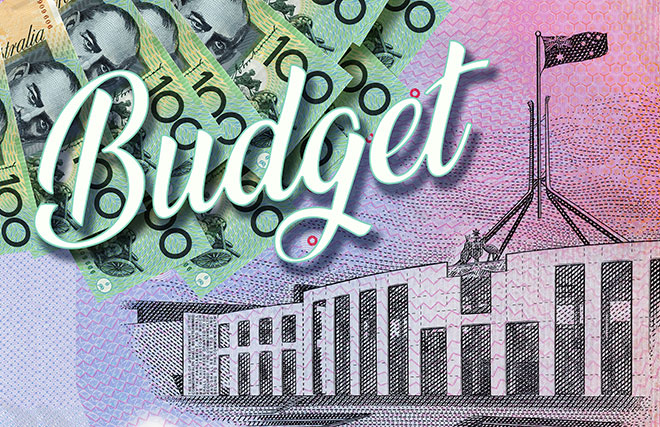Whether you’re a business owner, supplier, or contractor, commercial insurance is essential to safeguard both your company and staff. With commercial insurance, your business and company assets are protected from certain risks like accidents or damages and the lawsuits that may follow.
Of course, no two companies are alike, so each one might require different insurance plans. Besides, there’s a variety of insurance policies designed to meet the specific needs and objectives of each company or organisation.
But even with the many types of commercial insurance available, there are four that are crucial for any kind of business establishment – whether you run a brick-and-mortar store, a home-based business, or an office.
1. General liability insurance
If someone sues your business for injuries or property damage, general liability insurance will cover your legal fees. In the event that the injured party needs medical attention, stays in the hospital, or is unable to work, general liability insurance will cover their missed wages and medical expenses.
General liability insurance typically covers:
- Bodily injury claims
- Payments for medical expenses if someone is hurt on your business premises
- Damage to property brought on by your company or one of your workers
- Reputational damage in the event of legal action, libel, slander, wrongful conviction, or privacy violations
- Errors in advertising, including copyright infringement lawsuits
To know exactly what your general liability insurance protects your company from, go over the details of your policy with your insurer.
2. Property insurance
You require property insurance whether you own, rent, or lease a facility for your company. Property insurance will cover damage to the building structure. It also protects your furnishings, equipment, inventory, and signage from damage or loss because of incidents like fire accidents or theft.
As basic property insurance does not necessarily cover your business from catastrophic events like floods or earthquakes, be sure to review your policy. If you live in a place where extreme weather events are common, you might need to get a separate policy for such.
3. Business interruption insurance
Sometimes referred to as ‘business income coverage’, business interruption insurance helps restore lost revenue. It applies to those instances where you have to close your business for a period because of a covered event, such as a natural disaster, property damage, or theft.
Business interruption insurance covers:
- Any lost income you would have made during the closure or business interruption
- Payroll, rent or lease, loan and bills payments, relocation downtime, taxes, and other operational expenses
Business interruption insurance does not cover things like a contingent business disruption or those that are unrelated to physical damage. To be safe, discuss the details of your coverage with your insurance provider.
4. Cyber liability insurance
Cyber liability insurance covers your business for costs related to a virus, data breach, or other nefarious cybersecurity assault. It protects your company against legal liability from customers and business vendors affected by a covered incident.
There are various types of risks businesses face today involving data loss or breaches, network security, and so on. To ensure your company is protected adequately, confirm the details of your coverage with your insurer.
Any business – big or small – must have these four types of insurance coverage. They not only safeguard your company from the unexpected but also give everyone involved peace of mind.
If this article has inspired you to think about your own unique situation and, more importantly, what you and your family are going through right now, please contact your advice professional.
(Feedsy Exclusive)






